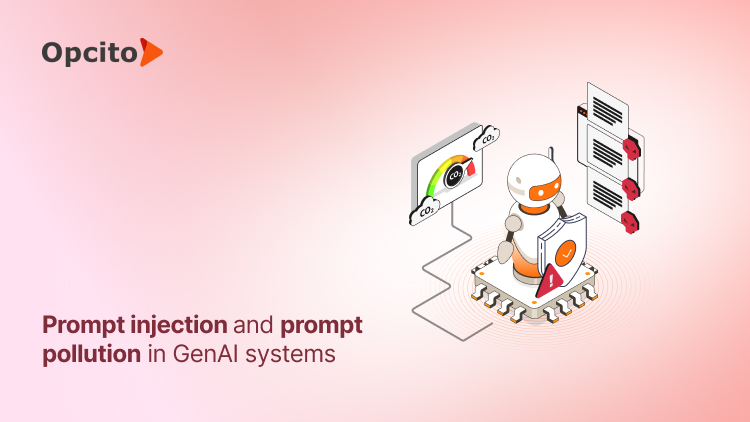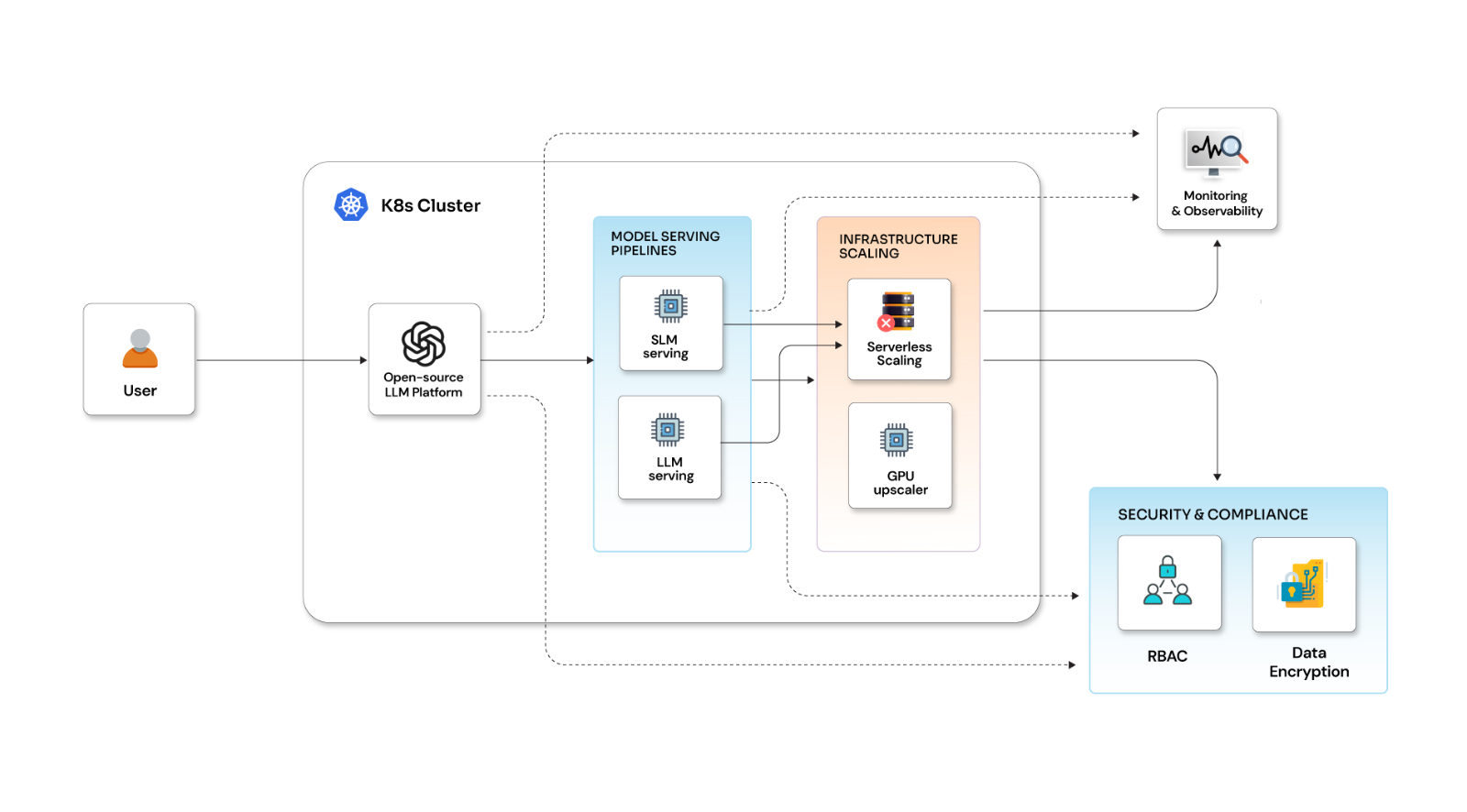Ensuring API reliability with JSON schema validation in automation using Java

Posted By
Shubham Waykar

APIs are everywhere. Modern software is almost impossible to create without APIs, as almost every application today — whether mobile, web, or enterprise — relies on APIs to exchange data. To enable this, JSON (JavaScript Object Notation) has become the standard format for this data exchange because it’s lightweight, readable, and easy to parse.
For QA engineers, it’s not enough to check that an API responds; we also need to ensure that it responds correctly, with the proper structure, field types, and constraints. That’s where JSON Schema validation comes in. A JSON Schema serves as a contract between the API provider and the consumer—whether it is a frontend application, another service, or a third-party integration. If the API response violates this contract, the downstream systems can break silently or behave unpredictably.
In this blog, let’s explore JSON Schema validation from a QA perspective and see how to automate it using Java.
What is JSON Schema?
A JSON Schema formally defines the structure and validation constraints of a JSON object — specifying required fields, data types, value ranges, formats, and nested relationships. It acts as a contract between the producer and consumer, ensuring consistent data exchange and validation across services.
Example Schema for a simple User API response:
{
"$schema": "http://json-schema.org/draft-07/schema#",
"title": "User",
"type": "object",
"properties": {
"id": { "type": "integer" },
"name": { "type": "string", "minLength": 1 },
"email": { "type": "string", "format": "email" },
"isActive": { "type": "boolean" }
},
"required": ["id", "name", "email"]
}
This schema ensures:
- id must be an integer.
- name must be a non-empty string.
- email must follow a valid email format.
- isActive is optional, but if present, must be boolean.
Why should QA validate JSON Schema?
From a QA standpoint, schema validation ensures setting guardrails for data integrity. It ensures APIs don’t go rogue when someone changes a backend field or data type.
Key benefits of validating JSON Schema
- Data integrity: Ensures APIs return data in a predictable structure.
- Contract testing: Detects mismatches between frontend and backend early.
- Backward compatibility: Prevents breaking changes from creeping in.
- Automation-friendly: Schema rules can be embedded into test suites.
- Fail fast principle:=Invalid responses are caught immediately.
JSON Schema keywords every QA should know
Here are the most common keywords you’ll use in schemas:
- type: Defines data type (string, integer, boolean, etc.)
- required: Specifies mandatory fields
- minLength, maxLength: String length limits
- pattern: Regex for validating string formats
- minimum, maximum: Range limits for numbers
- enum: Defines an allowed set of values
- items: Rules for array elements
- anyOf, allOf, oneOf: Complex condition handling
- $ref: Reuse of schema definitions
Here’s a simple example for validating user information (age, gender, and mobile):
{
"type": "object",
"properties": {
"age": { "type": "integer", "minimum": 18, "maximum": 60 },
"gender": { "type": "string", "enum": ["male", "female", "other"] },
"mobile": { "type": "string", "pattern": "^[0-9]{10}$" }
},
"required": ["age", "gender", "mobile"]
}
Schema validation with Java
For Java, the most widely used libraries are:
Example of networknt/json-schema-validator:
import com.networknt.schema.JsonSchema;
import com.networknt.schema.JsonSchemaFactory;
import com.networknt.schema.ValidationMessage;
import com.fasterxml.jackson.databind.JsonNode;
import com.fasterxml.jackson.databind.ObjectMapper;
import java.util.Set;
public class JsonSchemaValidationExample {
public static void main(String[] args) throws Exception {
ObjectMapper mapper = new ObjectMapper();
// Load schema from resources
JsonSchemaFactory factory = JsonSchemaFactory.getInstance();
JsonSchema schema = factory.getSchema(
JsonSchemaValidationExample.class.getResourceAsStream("/user-schema.json")
);
// Sample JSON response
String response = "{ \"id\": 1, \"name\": \"John\", \"email\": \"john@example.com\" }";
JsonNode jsonNode = mapper.readTree(response);
// Validate
Set<ValidationMessage> errors = schema.validate(jsonNode);
if (errors.isEmpty()) {
System.out.println("✅ JSON is valid!");
} else {
System.out.println("❌ Schema validation failed:");
errors.forEach(System.out::println);
}
}
}
You’ll get messages like this if the validation fails:
$.email: string [johnexample.com] does not match email format $.id: integer expected, but got string
Handling nested objects & arrays
Real-world APIs often have nested structures.
Example schema for an Order API
{
"type": "object",
"properties": {
"orderId": { "type": "string" },
"customer": {
"type": "object",
"properties": {
"id": { "type": "string" },
"name": { "type": "string" }
},
"required": ["id", "name"]
},
"items": {
"type": "array",
"items": {
"type": "object",
"properties": {
"productId": { "type": "string" },
"quantity": { "type": "integer", "minimum": 1 }
},
"required": ["productId", "quantity"]
}
}
},
"required": ["orderId", "customer", "items"]
}
This ensures QAs can verify not just top-level keys, but deeply nested values.
Reusable schema validation utility in Java
Instead of writing schema validation repeatedly, create a reusable utility class:
public class SchemaValidator {
private static final ObjectMapper mapper = new ObjectMapper();
private static final JsonSchemaFactory schemaFactory = JsonSchemaFactory.getInstance();
public static void validate(String schemaPath, String jsonResponse) throws Exception {
JsonSchema schema = schemaFactory.getSchema(
SchemaValidator.class.getResourceAsStream(schemaPath)
);
JsonNode node = mapper.readTree(jsonResponse);
Set<ValidationMessage> errors = schema.validate(node);
if (!errors.isEmpty()) {
throw new AssertionError("Schema validation failed: " + errors);
}
}
}
Use it in a Junit / testng test:
@Test
public void testUserApiSchema() throws Exception {
String response = apiClient.getUserResponse();
SchemaValidator.validate("/schemas/user-schema.json", response);
}
Handling schema versioning
APIs evolve. When they do, you don’t want old clients to break. That’s why schema versioning is essential.
Keep versioned schemas like:
/schemas/user-schema-v1.json /schemas/user-schema-v2.json
During regression testing, you can verify backward compatibility.
If you expect new fields to be added in the future, set "additionalProperties": true in your schema to avoid unnecessary failures.
Reporting validation failures
Schema validation errors should be human-friendly and actionable. Instead of cryptic messages, print something meaningful:
$.customer.name: is missing but required $.items[0].quantity: must be greater than or equal to 1
This makes debugging faster for both QA and devs.
Best practices for QA
- Keep your schemas under version control (Git).
- Validate both success and error responses.
- Cache schemas during test setup for performance.
- Be careful with "additionalProperties": false — strict schemas can block harmless updates.
- Include schema validation in CI/CD pipelines for early detection.
Common pitfalls
- Ignoring error response schemas (400/500).
- Treating null and empty strings as the same.
- Using overly restrictive enums.
- Forgetting to validate array constraints (size, item rules).
Turn validation into trust
Schema validation is one of the simplest yet most powerful ways to ensure API reliability. It enforces a shared understanding between systems and catches structural issues long before they reach production.
For QA engineers working with Java, integrating JSON Schema validation using libraries like networknt/json-schema-validator can bring consistency and confidence to automated testing pipelines. At the end of the day, schema validation is about building trust between systems that speak to each other. Opcito’s experts can help you design and implement API testing frameworks that align with your organization’s quality goals. Reach out to us at contact@opcito.com to start the conversation.
Related Blogs




















